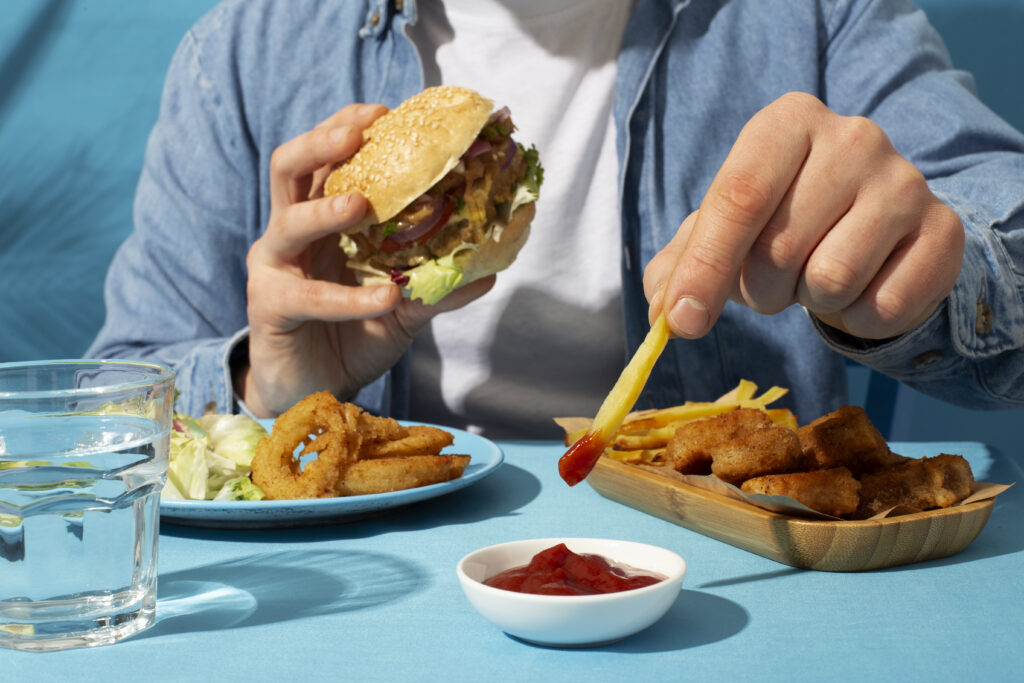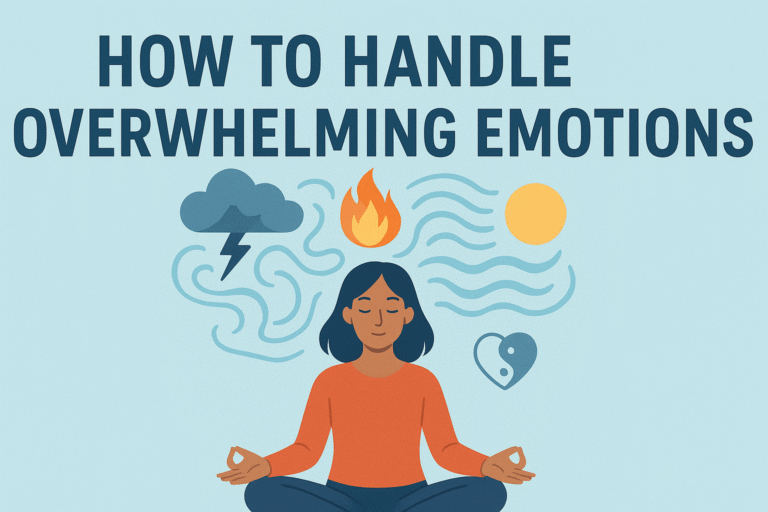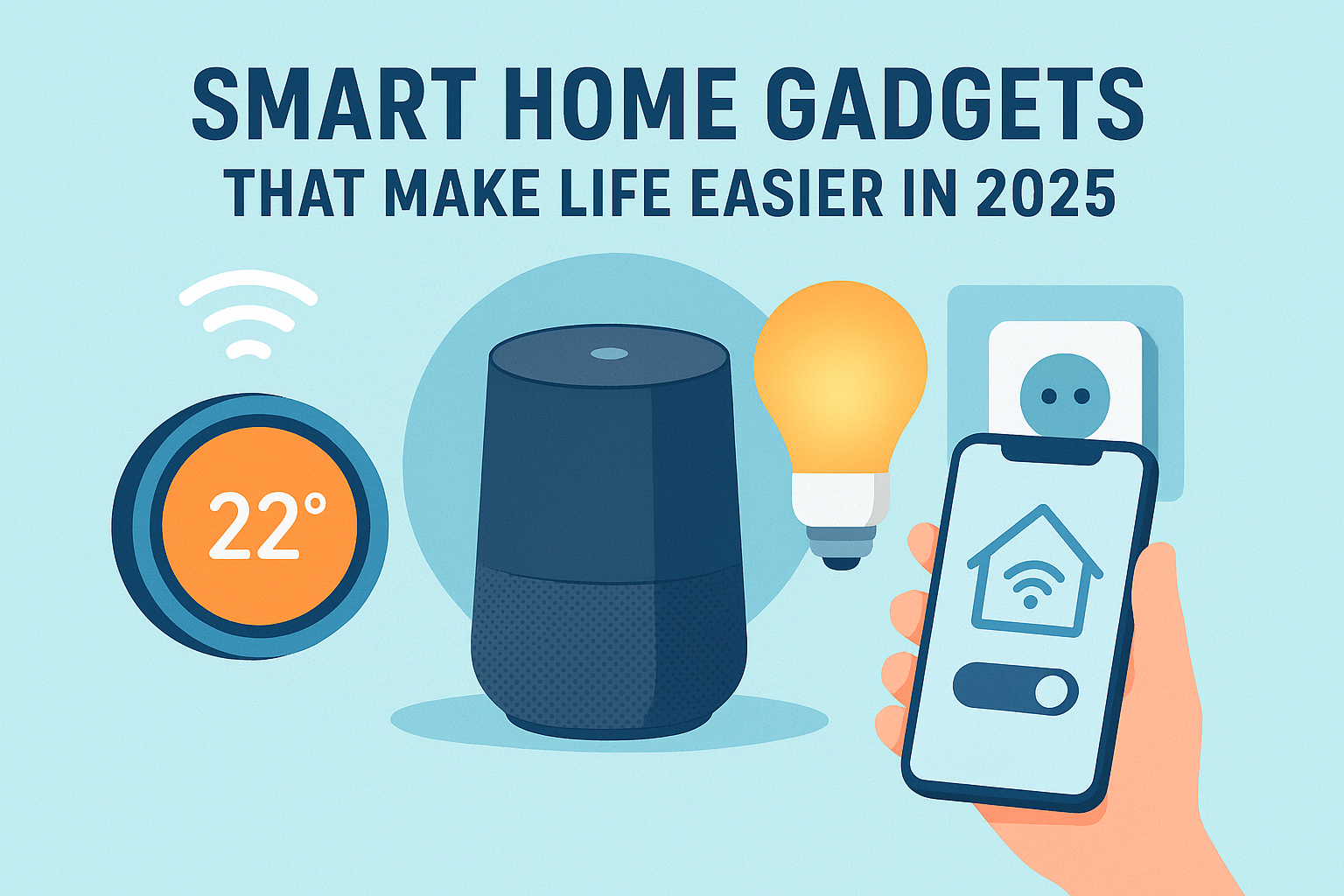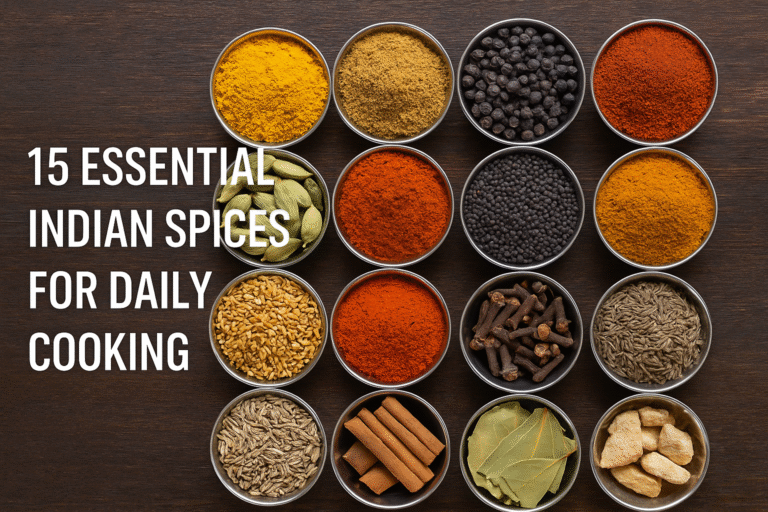
I used to be someone who couldn’t go a single day without junk food. You might wonder—why is this a problem if I’m underweight? Isn’t junk food Craving only an issue if you want to lose weight? That’s what I thought too, but the problem runs way deeper than the scale. I was madly addicted to fast food not just because I was hungry, but because it helped me cure boredom. Whenever I felt restless or had nothing to do, junk food was my go to comfort. But over time, this habit took a toll. Surprisingly, it stopped me from gaining weight. Fast food wasn’t just empty calories for me—it damaged my gut health.
I felt bloated all the time, had no appetite, and suffered from stomach aches and constipation. It was frustrating, and honestly, I didn’t know where to start fixing it. With lots of youtube videos and professional advice I came to know that whether your goal is to gain or lose weight, quitting fast food and processed snacks is necessary. After learning and practicing some simple and realistic hacks, I’ve gained real control over my fast food and sugar cravings and today I will explain how you can do it too.
Why Do I Crave Junk Food all the Time & How to Stop
Following are the most common reasons why you experience a strong craving of junk food on a day-to-day basis:
1. It’s not about willpower: Cravings for junk food aren’t just about a lack of willpower, they’re deeply rooted in how our brains and bodies work. When you eat foods high in sugar, fat, and salt, your brain releases feel-good chemicals like dopamine. This creates a rewarding sensation that makes you want to repeat the experience. Over time, your brain can start to crave those quick and easy to access hits of pleasure, making it harder to resist junk food.
2. Cravings aren’t a weakness: Let me be clear, if you eat junk food regularly, it doesn’t mean you lack discipline or willpower. That’s a harmful myth that unfairly blames people. Cravings are biological and emotional—your brain is literally wired to seek those pleasure hits. It’s not about being weak; it’s about understanding how your body reacts and learning how to work with it, not against it.
3. Blood Sugar Spikes and Crashes: Another factor is how these foods affect your blood sugar levels. Fast food and sugary snacks cause your blood sugar to spike quickly, giving you a burst of energy followed by a crash. This crash often leaves you feeling tired and hungry again, creating a cycle of cravings.
4. Common Myths about Cravings: There are also other common myths about cravings. One is that cravings always mean you’re truly hungry—often, they’re actually a response to emotions like boredom, stress, or habit. Another is that junk food is the only way to feel better, but these foods usually make us feel worse in the long run.
5. Understanding the Cycle is Key: Understanding this vicious cycle is the first step to taking control. When you know why your body and brain are asking for junk food, you can start to break the pattern with smarter, healthier habits.
Tip 1: Please Don’t Skip Your Breakfast, Please
I know this sounds like cliché advice—everyone says it, right? But honestly, I used to think, who even has time for a healthy breakfast when I’m rushing to catch the metro for work? So, I skipped breakfast almost every day. I’d reach the office starving, and the first thing I did was open the Zomato app to order a cheesy, salty sandwich—my go-to comfort food to lift my mood. At first, it worked. I felt great eating that sandwich. But soon enough, there was a sudden energy crash. My cravings for junk food kept coming back stronger, and I felt stuck in that cycle.
Recently, I decided to make a change. I started waking up just half an hour earlier to prepare my own breakfast. It was tough in the beginning, no doubt. But now, I actually look forward to making and eating something homemade that I love. The best part? I feel energized all morning and don’t crave snacks until lunchtime. Plus, I’m saving money and reaping health benefits I hadn’t even thought about. Scientifically, breakfast is important because it kickstarts your metabolism and stabilizes your blood sugar levels. When you skip it, your body goes into “starvation mode,” causing stronger hunger signals later in the day and mostly those signals come in the form of junk food cravings.
So, even if you think you’re too busy, try to find those extra 30 minutes. Your body and mind will thank you.
Tip 2: Say No to Emotional Eating
I used to be a big emotional eater. Every small inconvenience had me running toward a packet of chips or a hot plate of fries. And oh god—that instant happiness, that salty crunch—it made everything feel better, at least for a moment. But slowly, it became a full-blown habit. I couldn’t have tea without a packet of chips. After office? You’d find me at the nearest momo stall. I wasn’t eating because I was hungry—I was eating because I was bored. Deeply bored with my life, my routine, my lack of motivation. I wanted better, but I wasn’t willing to take action. So I numbed that frustration with food. And my stomach? It suffered. Constant bloating, discomfort, and gut issues became part of my daily life. I thought I was feeding my hunger, but I was really feeding my emotions—and my body was paying the price.
I’m still healing. My gut is slowly recovering. And this journey made me realize that emotional eating isn’t just harmless comfort—it’s a way of avoiding the emotions we don’t want to face. But those feelings? They’re completely okay to have.
You might ask: How do you stop?
For me, the turning point was finding purpose. I made a decision that I would help others like me. I started learning new skills, reading about hair growth (my new obsession!), understanding nutrition, spending more time with my parents, and doing something very simple yet powerful—sitting in silence.
I gave myself permission to feel sad, bored, unfulfilled, or just “meh.” I stopped treating emotions like emergencies. And once I accepted them, they passed more easily—and my stomach no longer had to carry their weight. So if you’re eating your emotions, please pause. Let yourself feel what you’re feeling. It’s okay. You don’t need to chew your way through every emotion. You need compassion, not chips.
Tip 3: Don’t Just Eat Healthy—Eat Happily
There was a phase when I was trying really hard to “eat clean.” I forced myself to eat boiled food, salads with zero dressing, plain oats—basically anything that looked healthy on Instagram. But guess what? I was always hungry after meals, not physically, but emotionally. I felt like I was missing out on something, and that something was taste, comfort, and joy.
That’s when I realized: healthy food doesn’t have to be boring.
I started making food that was both nourishing and satisfying. A simple moong dal khichdi with ghee, a homemade masala oats bowl with sautéed veggies, or even whole wheat paneer wraps with my favorite mint chutney. I added flavors I loved, used spices, added textures—and made sure my plate felt comforting. When your meals are emotionally fulfilling, you naturally stop thinking about junk food. You don’t crave that quick hit of excitement because your daily meals are already giving you that sense of happiness and warmth.
So no, you don’t have to survive on steamed broccoli and dry toast. You can eat well, feel full, and still enjoy every bite. That’s the only way healthy eating becomes a long-term lifestyle.
Tip 4: Plan Ahead or You’ll End Up Eating Junk
I can’t count how many times I ended up ordering greasy food just because I had “nothing” to eat at home. I’d be hungry, tired, and clueless about what to make—so obviously, Zomato came to the rescue. The worst part? I knew I didn’t even want that food half the time. I just didn’t plan ahead.
That’s when it hit me: willpower alone isn’t enough. You need a system. And for me, that system was basic meal planning.
Now, every Sunday, I take 15–20 minutes to plan what I’ll eat for breakfast, lunch, and dinner during the week. I don’t make anything fancy or rigid. I just make sure I have stuff I like and can cook quickly. It could be soaked oats, frozen veggie soup, stir-fry paneer, or prepped salad ingredients. Even having dosa batter ready in the fridge changes the game. Do the grocery shopping for the week to be prepared in advance. I’ve learned that when you’re already hungry and tired, it’s too late to make a healthy choice and this is when I go for the fastest, saltiest, most exciting thing. But when I have already got something prepped, even partially—I feel excited to cook. Planning ahead doesn’t mean turning yourself into a meal-prep queen. It just means caring enough about your future self to save her from last-minute junk food disasters.
Tip 5. Most Cravings Are Just Nutrient Deficiencies
I used to think I was just a junk food person—someone who naturally liked chips, noodles, and sweets more than homemade meals. But it turns out, my body wasn’t just being stubborn. It was asking for something real. I just didn’t know how to listen.Every time I craved chocolate late at night, I thought it was just a sweet tooth. But I later learned that it could be my body asking for magnesium. That constant urge for salty snacks? Sometimes it was just a sign that I wasn’t getting enough minerals or had skipped meals that day. Even those soda cravings? Often dehydration in disguise.
My meals used to be all over the place. I grabbed quick bites with no real focus on nutrition. And then I’d wonder why I was always hungry and always reaching for something packaged. It wasn’t until I started including more balanced, home-cooked meals—full of proteins, good fats, iron, and fiber—that I noticed a shift.My cravings reduced significantly too on its own.Our bodies are incredibly smart. They try to communicate with us. If they’re constantly asking for junk, maybe they’re just starving for the right nutrients. It changed everything for me when I stopped blaming myself for craving and started feeding my body better instead.
Final Thoughts: You’re Not Weak—You’re Just Human
If you’re someone who struggles with junk food cravings, please know this: you’re not broken, lazy, or lacking willpower. You’re just human. And just like me, you might be using food to cope, to comfort, or to fill in something that feels missing. For the longest time, I thought cravings made me weak. But now I know they were just messages from my emotions, my body, my lifestyle that needed to be heard and understood. Breaking free from junk food addiction isn’t about following a perfect diet or becoming super disciplined overnight.
It’s about becoming aware. Becoming honest. And slowly replacing chaos with care. I still have days when I want fries at 11 PM. But now, I don’t give in blindly. I pause. I ask myself what I truly need. And most of the time, it’s not food—it’s sleep, water, peace, or just a moment of gentleness. If I can come this far, so can you. Be patient with yourself. Every small choice matters. And the more you tune in, the less power those cravings will have over you.
And that… is how you stop craving junk food permanently.



